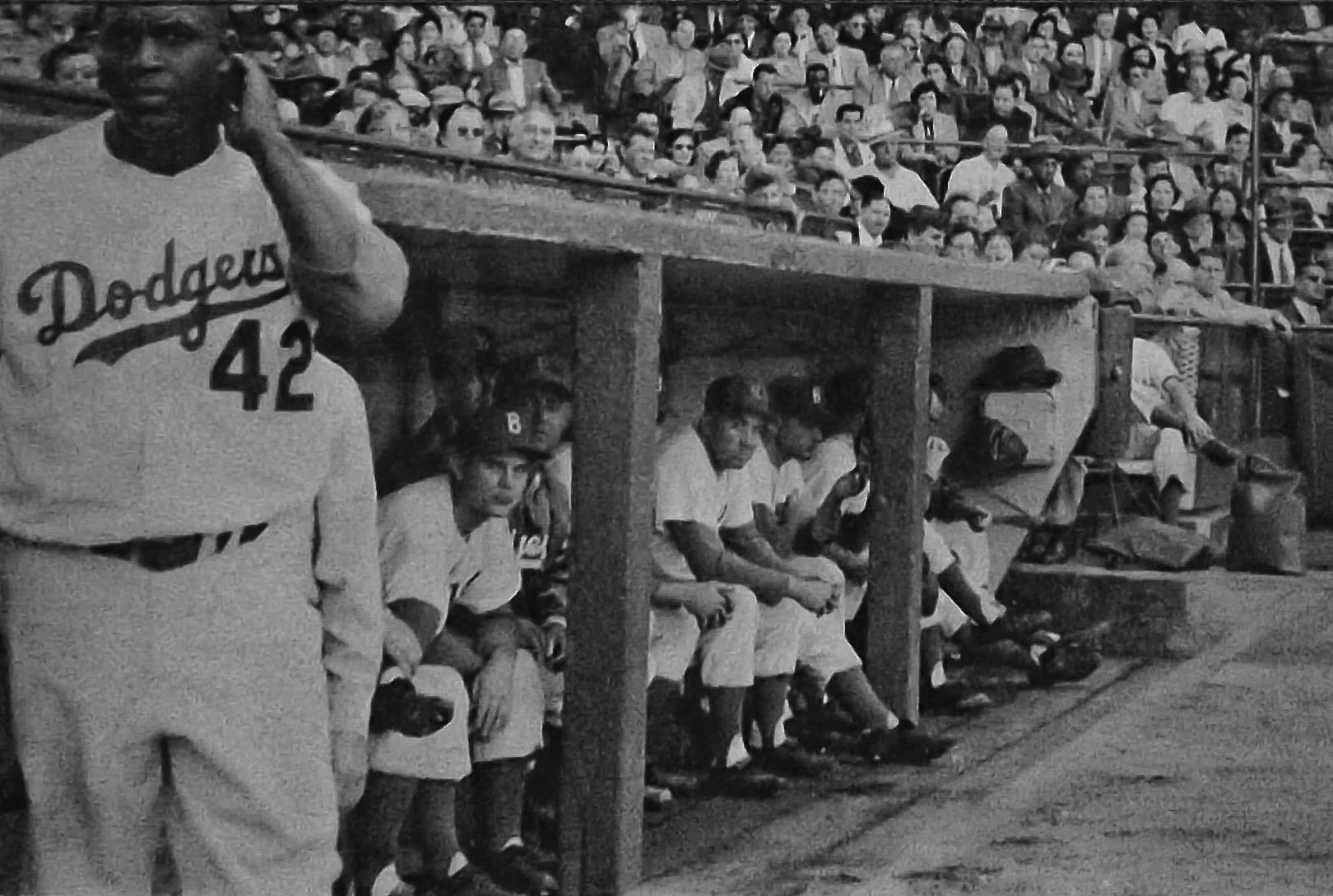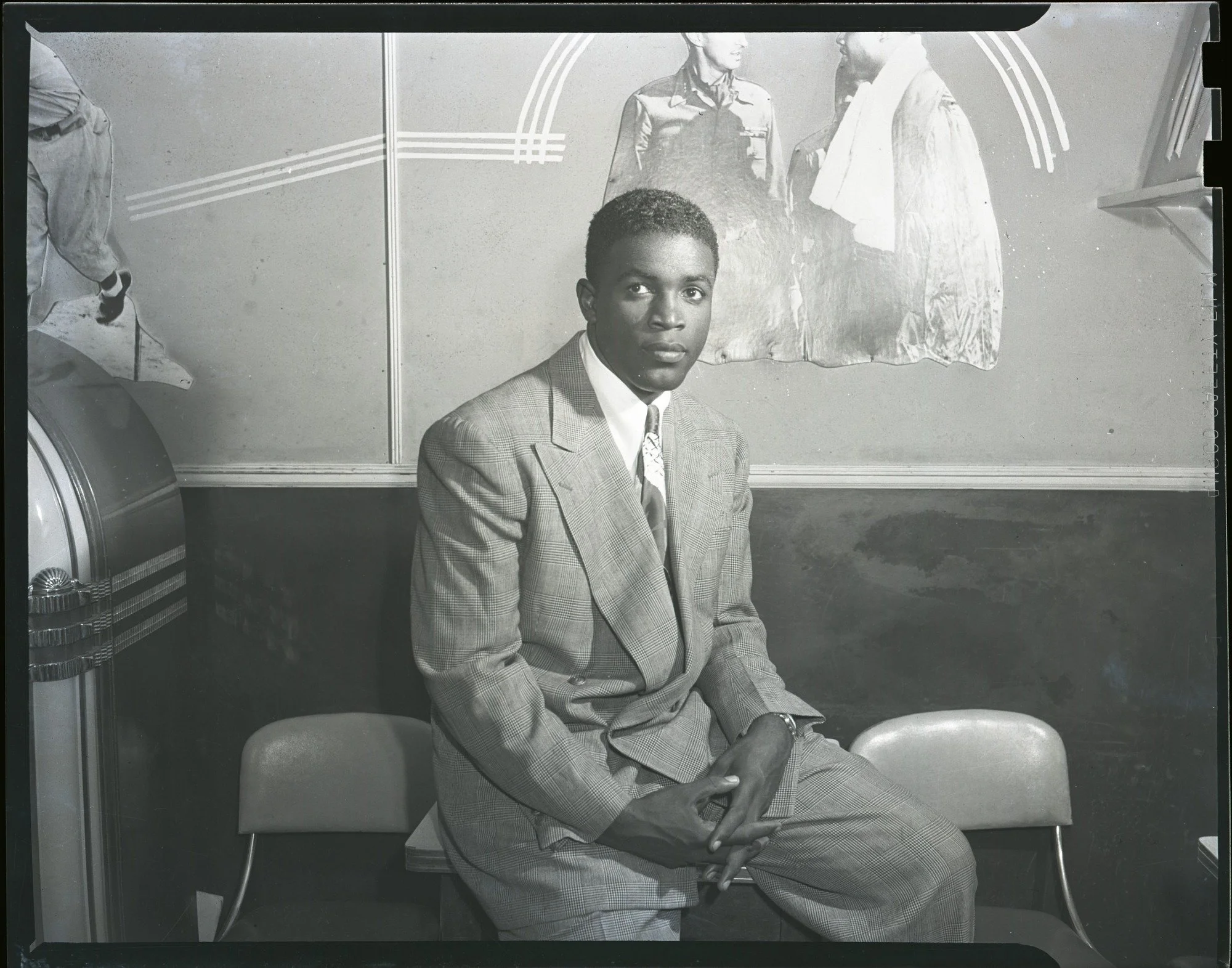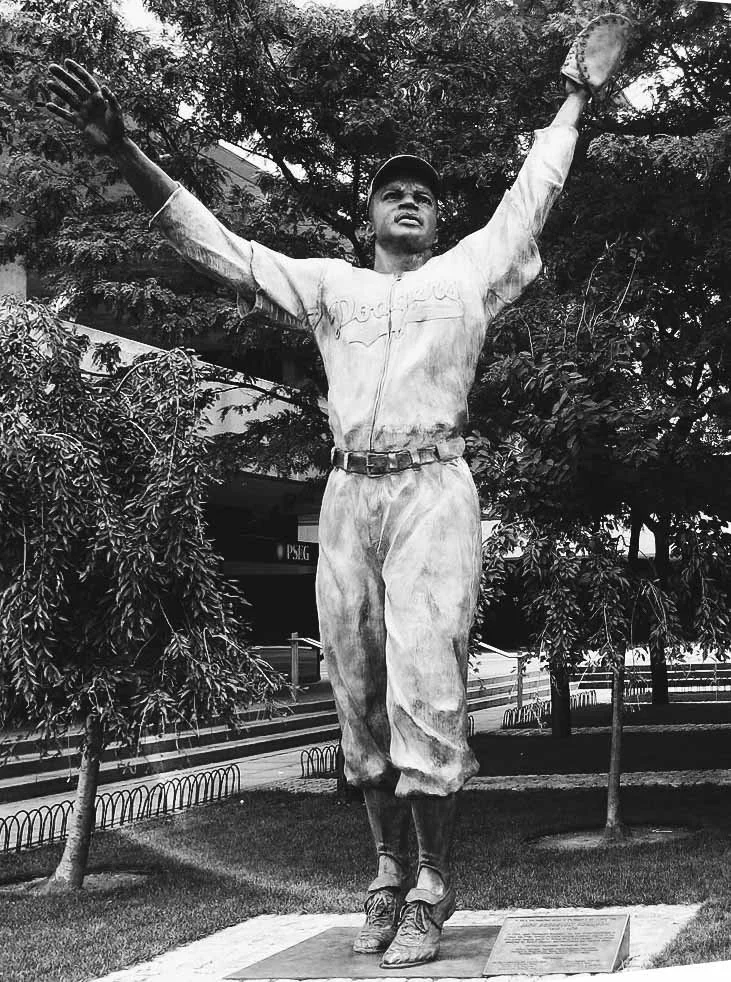A Tribute to Jackie Robinson & Jersey City's Sports History
Roosevelt Stadium, host to countless events, witnessed a historic moment in baseball on April 18, 1946. The radio announcer proclaimed, "At second base for the Montreal Royals, Jackie Robinson," as the 27-year-old African-American player entered the field, breaking the color barrier as a minor league player and ushering in a new era of baseball. This monumental event attracted an astounding 52,000 spectators, more than double the stadium's capacity.
Before his debut in the MLB, Robinson played for the Kansas City Monarchs, a team in the Negro Leagues. Brooklyn Dodgers' team executive Branch Rickey took notice of Robinson's talent and determination and signed him to play for the Montreal Royals, a minor league affiliate of the Brooklyn Dodgers. Jackie Robinson's performance with the Royals during the 1946 season set the stage for his move to the major leagues.
On April 15, 1947, almost a year to the day after Jackie Robinson broke the color barrier as a minor leaguer, he stepped back out onto the field at Roosevelt Stadium making history again by becoming the first African American to play in a Major League Baseball game since the sport's segregation in the 1880s. His debut with the Brooklyn Dodgers was a monumental event that broke down racial barriers in baseball and throughout American society, a pivotal occasion in American sports history. While both praised and criticized by fans, Robinson remained resilient and thrived despite facing discrimination and racism. His unwavering courage and determination opened doors for future generations of African American athletes and inspired millions worldwide.
Robinson faced significant challenges throughout his career due to his race; he endured racial slurs from fans and players alike and dealt with hostile teammates. However, Jackie's exceptional talent and strong character allowed him to persevere against adversity.
Robinson earned several prestigious awards and titles in his ten seasons with the Brooklyn Dodgers. These included Rookie of the Year (1947), MVP (1949), six consecutive All-Star selections (1949-1954), and a World Series championship in 1955. Robinson's impact on baseball went beyond his remarkable statistics: he inspired other African American players like Willie Mays, Hank Aaron, and Ernie Banks to enter Major League Baseball.
Jackie Robinson retired from baseball in 1956 but remained an influential figure off the field. Beyond baseball, Jackie Robinson became a civil rights activist, collaborating with Martin Luther King Jr. and actively supporting the Civil Rights Movement. Today Jackie Robinson's legacy extends beyond breaking baseball's color barrier; it encompasses his advocacy for social justice. He utilized his fame to address racial inequality and discrimination issues. The memory of his groundbreaking game on April 18, 1946, serves as a testament to the progress made in combating racism and segregation in sports while reminding us of the ongoing efforts needed to build a more equitable society. Robinson's enduring legacy continues to inspire future generations of athletes and activists harnessing their platforms for positive social change.
Robinson was inducted into the Baseball Hall of Fame in 1962, and his jersey number, 42, has been universally retired by MLB teams as a sign of respect.
Although Roosevelt Stadium no longer stands, Jackie Robinson's landmark event is forever embedded in Jersey City's history. A twelve-foot bronze statue of Robinson and a commemorative plaque marking his extraordinary debut now stands on the former site of Roosevelt Stadium at Society Hill.
The plaque dedicated to Jackie Robinson located at Jersey City’s Droyers Point reads:




